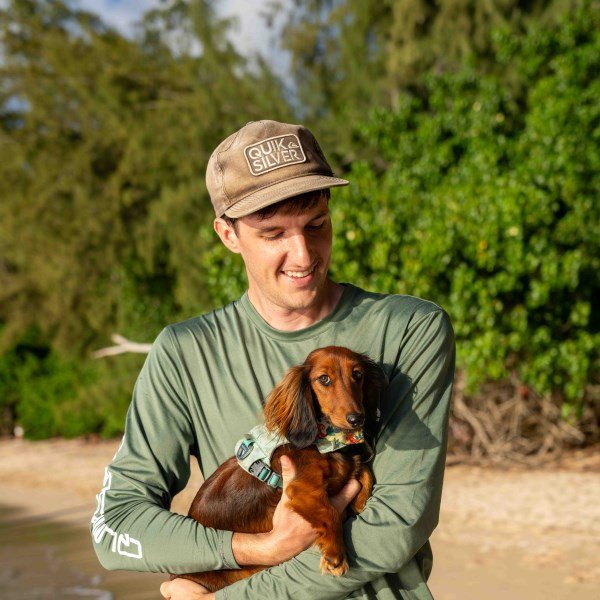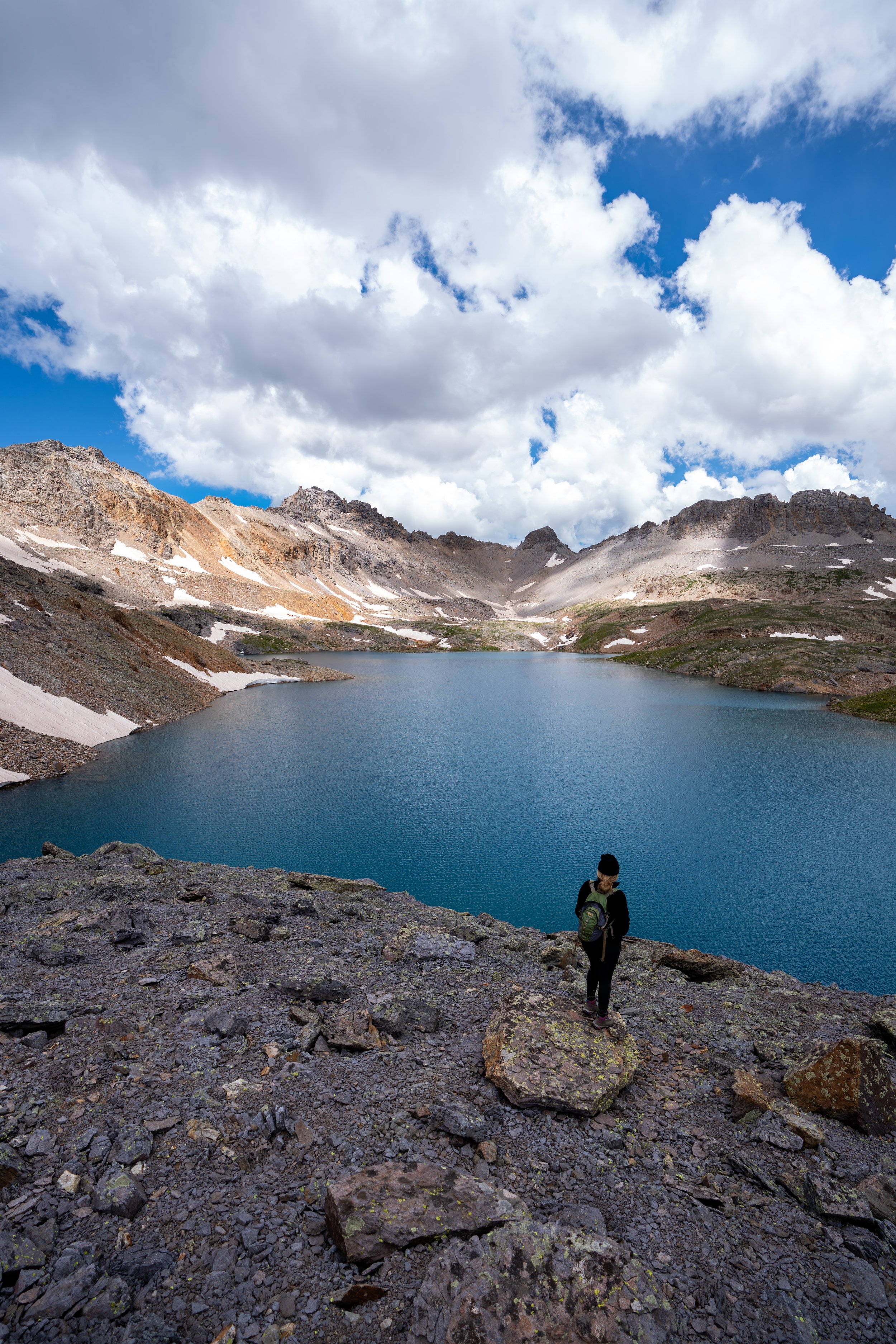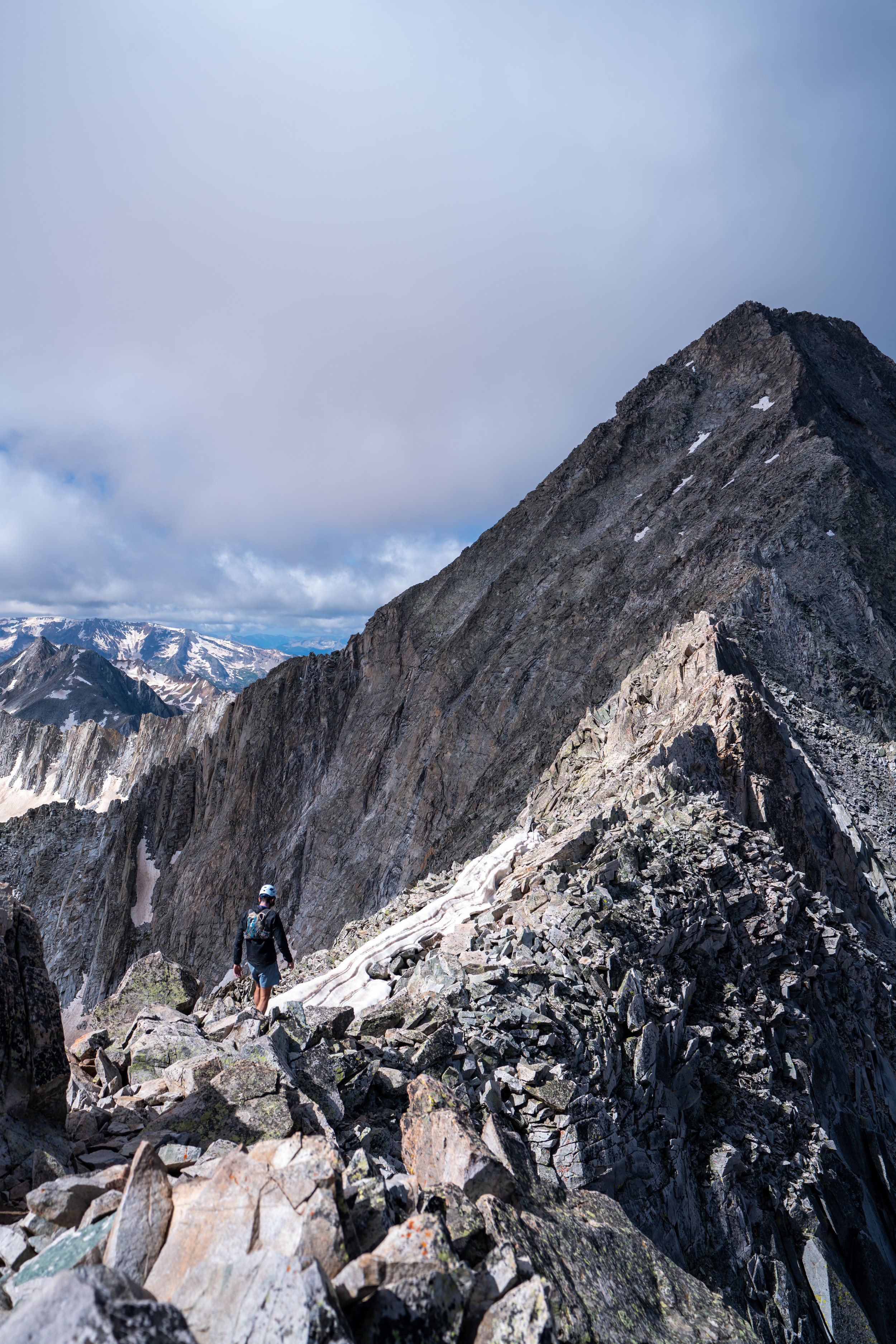Hiking the Zapata Falls Trail in the Sangre de Cristo Mountains, Colorado
Distance: 0.8 miles / 1.3 km
The Zapata Falls Trail in the Sangre de Cristo Mountains of southern Colorado is one of the best day hikes near Great Sand Dunes National Park!
However, this doesn’t go without saying that the short 0.8-mile (1.3 km) roundtrip distance is a bad indicator of the trail’s difficulty, as simply getting to the base of the falls near the end of the hike is more challenging than it may seem.
It’s for this reason that I recommend visiting Zapata Falls when much of the season's snowmelt has subsided, and I recommend hiking in clothes that are suitable for walking in a stream, which is essential in order to see the waterfall at the end of the hike.
Zapata Falls Trailhead Parking
Parking for the Zapata Falls Trail is located at the very top of Zapata Falls Road, about 3.5 miles (5.6 km) off Highway 150.
Be aware that much of the drive up to the trailhead is unpaved, but most 2WD vehicles shouldn’t have an issue making it to the trailhead, provided that the road is snow-free.
Google Maps Directions: Zapata Falls Trailhead
Hiking Checklist - Sangre de Cristos
Here is a complete list of must-have things that you will want for any hike in the Sangre de Cristo Mountains.
Hiking the Zapata Falls Trail
The Zapata Falls Trail begins at the far end of the parking area, following a gradual incline that gains roughly 200 ft. (61 m) from the trailhead to the waterfall.
This split right in the beginning is nothing more than a short connector trail down to Zapata Falls Road, which can serve as a good alternative trailhead when parking at the upper trailhead is too busy.
That being said, go left to continue toward Zapata Falls.
This hard right turn in the Zapata Falls Trail is a nice sign that you’re a little more than halfway to the waterfall.
This sign indicates the boundary between federal BLM lands and state lands beyond, and it serves a great message that different agencies with different goals can work together to provide public access to these beautiful places!
Zapata Falls-South Zapata Lake Junction
Just before the creek, the Zapata Falls Trail splits from the trail that climbs up to South Zapata Lake, a high alpine lake that sits in the shadows of Ellingwood Point at roughly 12,000 ft. (3,658 m).
That said, go left to reach Zapata Creek shortly ahead.
South Zapata Creek
When the Zapata Falls Trail reaches the creek, I personally recommend walking through the water.
This recommendation obviously varies depending on the time of year, as higher snowmelt and flash floods can make this stretch particularly dangerous. However, when the water is lower, as shown here, keeping your balance in the creek seems to be easier and safer than trying to scoot along the slippery edges.
For this final section, some visitors may prefer to hike with trekking poles.
Eventually, there is no option but to walk in the creek, and be aware that these photos were taken in September, which is considerably late in the season regarding snowmelt.
Zapata Falls
At the end of the narrow slot canyon, the Zapata Falls Trail turns the corner, revealing the 30-ft. (9.1 m) Zapata Falls.
Don’t underestimate how cold the water will be to wade your way close enough to see the full waterfall or climb up the lower falls to the upper.
It’s more challenging and colder than it may appear, and I say this after trying multiple times before deciding that it wasn’t worth it, as I was holding expensive camera gear while trying to make my way up.









